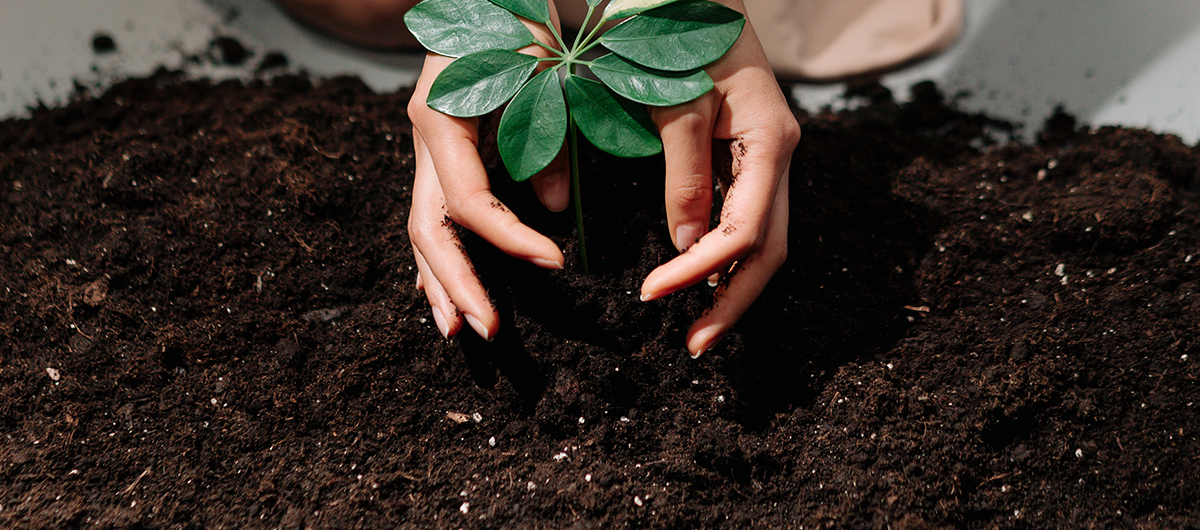
Since 1999 we’ve fielded questions from thousands of people interested in composting. And, curiously, most of our answers to their questions begin with: “Well, that depends…”
Today, for example, we were contacted by a person looking for information for developing a decision-making matrix that would guide US rural towns with choosing appropriate composting technology for composting Municipal Solid Waste (MSW).
Their first question was easy: “How much tonnage can your system(s) process?” “No upper limit to tonnage”, I replied confidently. It was the second question that made my eyes roll back…it was, “how long does it take to make compost using your technology?” My answer, of course, was, “Well, that depends…”
At a minimum, making “stable” compost will take anywhere from 40-180 days, depending on your process.
For those of you that are not familiar with commercial/industrial scale composting it is an innocent enough question. However getting to that answer is not always an easy task; and, frequently requires trained professionals. Here is what I mean.
Composting is a biological process that takes a certain amount of time. At a minimum, making “stable” compost will take anywhere from 40-180 days, depending on your process. And making “mature” compost takes a little longer. The answer to the “how long does it take?” question depends on many inputs such as the feedstocks, climate, availability of labor, budget and process technology.
The answer also depends on the intended markets. There are markets for immature compost (primarily agriculture), for stable compost (road side and reclaiming projects), and for mature compost (retail and bagged markets).
Applying process technology can make reductions in the process time, for example if you use mechanical aeration you should be able to produce stable/mature compost faster than if using passive (non-mechanical) aeration.
(And, don’t believe anyone who tells you they can make mature compost in 7-14 days…that’s silly.)